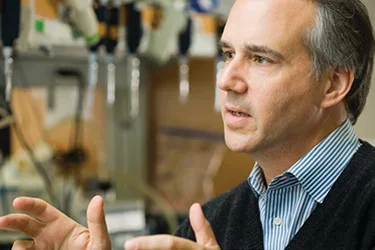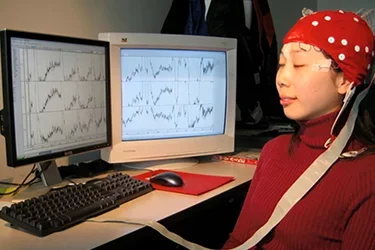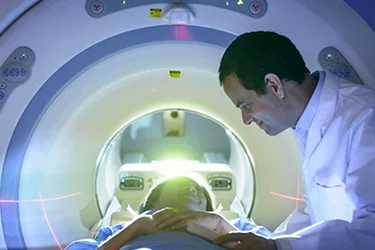Brain Development
Early Brain Research
A Better Understanding of the Developing Brain
The Human Brain Contains 100 Billion Neurons
These neurons are not all alike. There are many tens of thousands of different neuronal cell types. Each neuron communicates with other neurons and typically does so through on average of a 1000 synapses.
Together they form networks of cells that detect sensory information like sound and light, control our perception of it, and our actions in response to them. They control our memories, our moods and cognition.
Although much of brain development is specified by the genetic blueprint in our chromosomes, the development of the brain is acutely sensitive to sensory stimuli and to stress during critical periods in development. Abnormalities in brain development result in intellectual disability, and neuropsychiatric disorders such as autism and schizophrenia.
Important Contributions To Understanding Brain Development
Many UCLA scientists have made important contributions to understanding how the brain develops, here are a few.
Together these studies have established important principles of development and uncovered the cellular and molecular mechanisms underlying circuit formation.
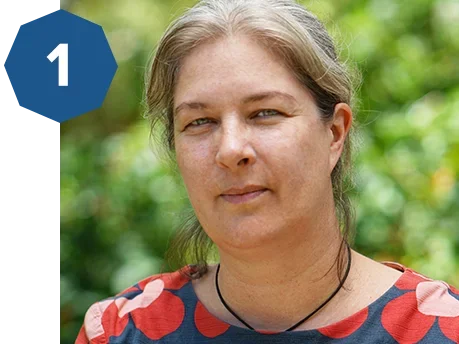
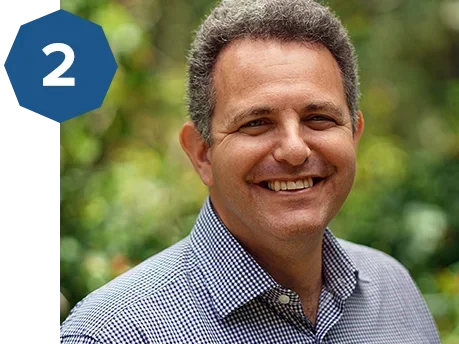

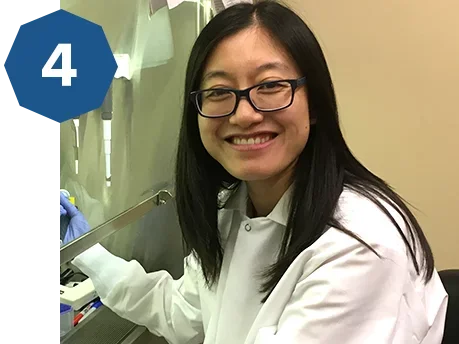

The Butler laboratory seeks to understand the mechanisms that establish neuronal networks during development with the long-term goal of determining how this process may be co-opted to regenerate diseased or damaged circuits.

Novitch has recently applied advances in stem cell biology to use this knowledge to produce different types of neurons in a dish. Called brain balls, brains in a dish, or cerebral organoids - these clumps of cells are about the size of the head of a pin but reveal features of cell organization similar to the intact brain much more so than for cells in 2-D form.
Linda Ming-Huei Liau, MD, PhD, MBA

After almost two decades of research, one of the most innovative treatments for glioblastoma, a patient-specific brain tumor vaccine, is in a phase-3 clinical trial. The DCVax-L vaccine was pioneered by Dr. Linda Liau, and based on the idea that the body's immune system fails to recognize cancer cells as foreign invaders and attack the cells.

Dr. Zhang’s group is investigating what signals in developing brains make astrocytes mature and stop them from dividing. She hopes that identifying the signals could reveal new approaches to treating brain tumors, which resemble perpetually dividing immature glia.
